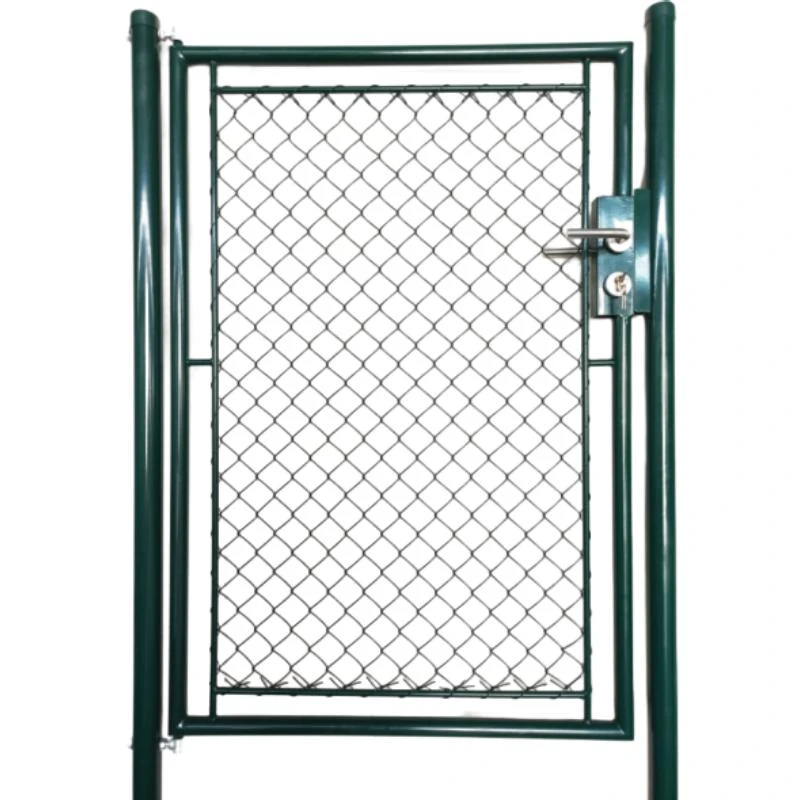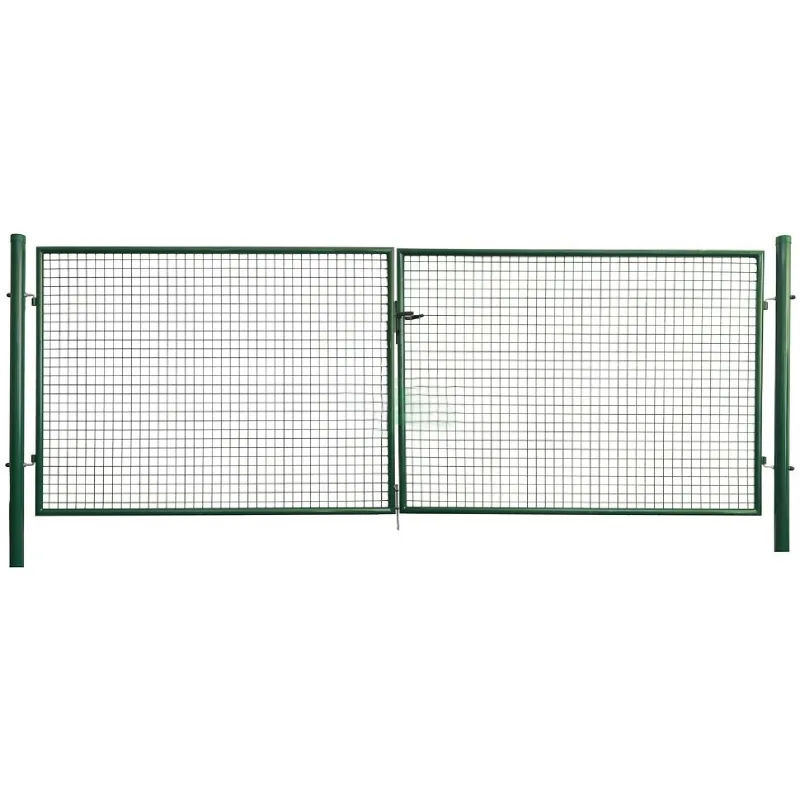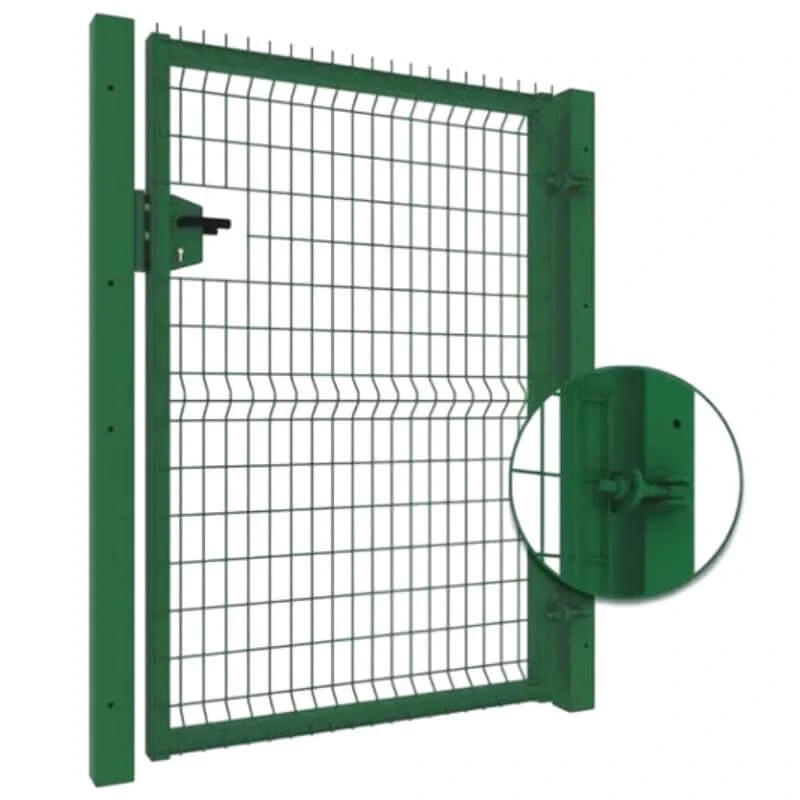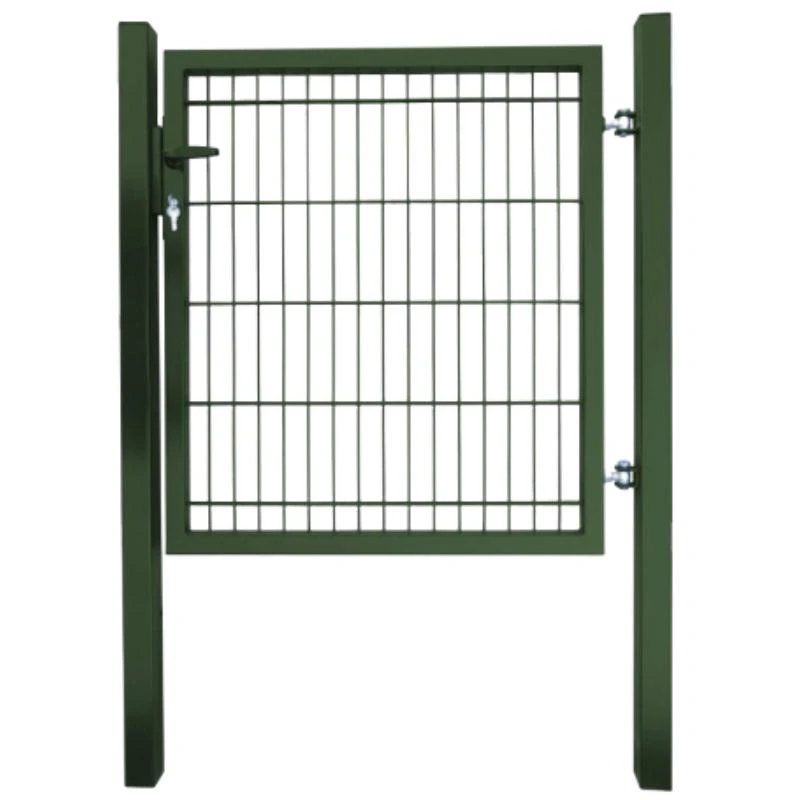-
Correo electrónico:zhao@hyliec.cn
-
Teléfono:+86 311 85273988
-
WhatsApp:8613931128750
-
 africano
africano -
 albanés
albanés -
 amárico
amárico -
 Arábica
Arábica -
 armenio
armenio -
 azerbaiyano
azerbaiyano -
 vasco
vasco -
 bielorruso
bielorruso -
 bengalí
bengalí -
 bosnio
bosnio -
 búlgaro
búlgaro -
 catalán
catalán -
 cebuano
cebuano -
 corso
corso -
 croata
croata -
 checo
checo -
 danés
danés -
 Holandés
Holandés -
 Inglés
Inglés -
 esperanto
esperanto -
 estonio
estonio -
 finlandés
finlandés -
 Francés
Francés -
 frisio
frisio -
 gallego
gallego -
 georgiano
georgiano -
 Alemán
Alemán -
 Griego
Griego -
 gujarati
gujarati -
 criollo haitiano
criollo haitiano -
 hausa
hausa -
 hawaiano
hawaiano -
 hebreo
hebreo -
 No
No -
 Miao
Miao -
 húngaro
húngaro -
 islandés
islandés -
 igbo
igbo -
 indonesio
indonesio -
 irlandesa
irlandesa -
 italiano
italiano -
 japonés
japonés -
 javanés
javanés -
 canarés
canarés -
 kazajo
kazajo -
 jemer
jemer -
 ruandés
ruandés -
 coreano
coreano -
 kurdo
kurdo -
 Kirguistán
Kirguistán -
 tuberculosis
tuberculosis -
 latín
latín -
 letón
letón -
 lituano
lituano -
 luxemburgués
luxemburgués -
 macedónio
macedónio -
 Malgashi
Malgashi -
 malayo
malayo -
 malayalam
malayalam -
 maltés
maltés -
 maorí
maorí -
 marathi
marathi -
 mongol
mongol -
 Birmania
Birmania -
 nepalí
nepalí -
 noruego
noruego -
 noruego
noruego -
 occitano
occitano -
 pastún
pastún -
 persa
persa -
 Polaco
Polaco -
 portugués
portugués -
 punjabi
punjabi -
 rumano
rumano -
 ruso
ruso -
 samoano
samoano -
 gaélico escocés
gaélico escocés -
 serbio
serbio -
 Inglés
Inglés -
 Shona
Shona -
 Sindhi
Sindhi -
 cingalés
cingalés -
 eslovaco
eslovaco -
 esloveno
esloveno -
 somalí
somalí -
 Español
Español -
 sundanés
sundanés -
 swahili
swahili -
 sueco
sueco -
 tagalo
tagalo -
 tayiko
tayiko -
 Tamil
Tamil -
 tártaro
tártaro -
 telugu
telugu -
 tailandés
tailandés -
 turco
turco -
 turcomano
turcomano -
 ucranio
ucranio -
 urdu
urdu -
 uigur
uigur -
 uzbeko
uzbeko -
 vietnamita
vietnamita -
 galés
galés -
 Ayuda
Ayuda -
 yídish
yídish -
 Yoruba
Yoruba -
 zulú
zulú
Puertas de jardín
Cheap Garden Gates For Sale
You can find cheap garden gates for sale at various home improvement stores, online retailers, and local hardware shops. Consider looking for sales, clearance items, or second-hand options to find affordable garden gates that meet your needs. Additionally, exploring different types and sizes can help you find cost-effective solutions for your garden gate. Be sure to compare prices, quality, and reviews to make an informed decision.
Garden Gate Construction
1. Planning: Determine the location and dimensions of the gate, considering the width of the pathway or opening. Decide on the type of gate, such as a single or double gate, and the materials to be used.
2. Materials: Select the appropriate types and sizes for the gate, such as round tube gates or square tube gates, single wing gates or double wings gates, ensure to meet requirements of maximum.
3. Frame assembly: Construct the frame of the gate using the chosen types and sizes . This may involve cutting and assembling the frame pieces, ensuring that they are square and level.
4. Adding infill: Depending on the design, add infill materials such as pickets, panels, or mesh to the gate frame. Secure the infill materials to the frame using appropriate fasteners.
5. Hardware installation: Install hinges, latches, and any additional hardware required for the gate to function properly. Ensure that the hardware is durable and suitable for outdoor use.
6. Finishing touches: Sand the gate to smooth any rough edges and apply a protective finish or paint to enhance its durability and appearance.
7. Installation: Once the gate is constructed, install it in the desired location, ensuring that it swings freely and latches securely.
It's important to follow any local building codes or regulations when constructing a garden gate, especially if it will be used as a boundary or security feature. If you're unsure about the construction process, consider consulting with a professional or seeking guidance from experienced individuals.





